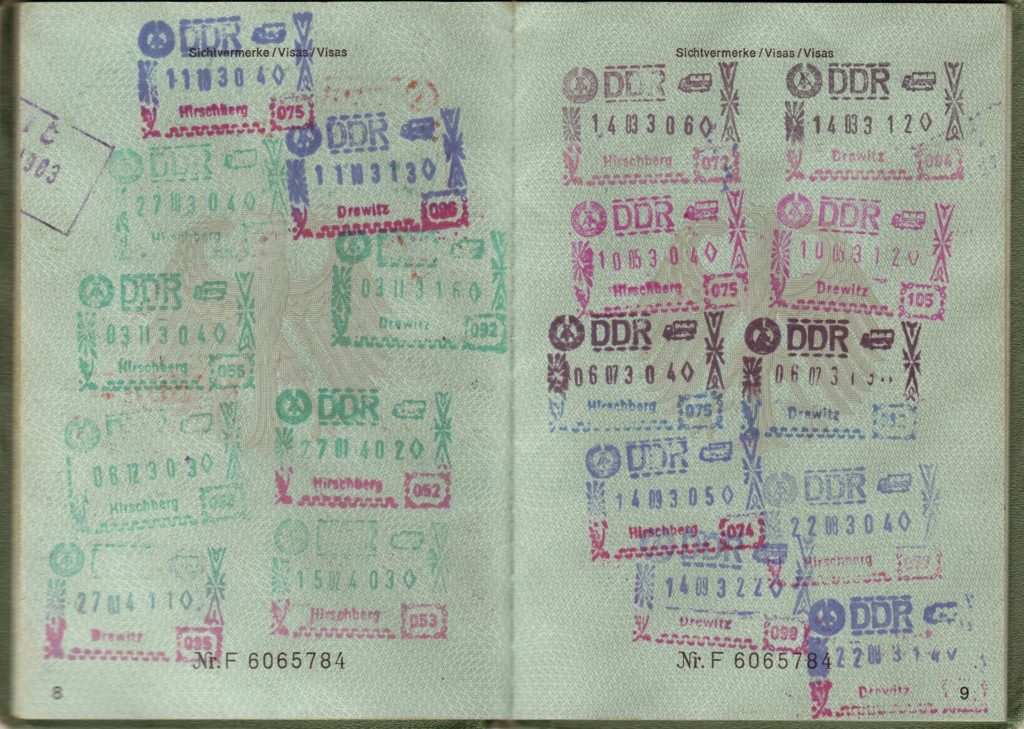It sometimes seems all of our clients from China possess both a China and a United States passport. That’s an exaggeration, of course, but an increasing number of Chinese businesspeople appear eager for dual citizenship, especially as China makes it more difficult to leave.
Though many in China covet a second passport, they often underestimate the complexities accompanying dual citizenship, particularly between the US and China.
Understanding US-China Dual Citizenship and Its Implications
China does not recognize dual citizenship, and this has real-life consequences. Though there’s much written about how dual citizenship affects financial transactions and taxes, it extends beyond these facets. Having multiple passports can significantly alter international travel dynamics.
For instance, if you are a Chinese citizen and acquire a U.S. passport without renouncing your Chinese citizenship, you’ll be treated as a Chinese citizen within China and as a U.S. citizen in America. But why is this distinction important?
Real World Implications: Iran as a China Example
About a decade ago, Iran executed (brutally murdered is the more appropriate term) a dual Dutch/Iranian citizen for having participated in anti-government demonstrations. Iran claimed the execution was for drugs found in her home, but virtually nobody without an Iranian noose in the background believes the Iranian government planted these drugs. As brutal as this killing was, Iran’s refusal to provide the Netherlands the opportunity to visit with her or to give the Netherlands any truthful information about her status or her trial was probably legally justified. For more on Sahra Bahrami’s execution, read Iran hangs Iranian-Dutch woman.
Iran’s position was that Ms. Bahrami was an Iranian citizen and as such, the Netherlands had no right to any access to her. Iran does not recognize dual citizenships. I am guessing (though I do NOT know) that Ms. Bahrami used her Iranian passport to enter Iran. I say this because one of the main benefits of having more than one passport is the ease of getting into the country in which you hold a passport. That would make it particularly hard to argue that Iran should have treated her as a Dutch citizen. How can someone expect to be treated as a citizen of the country for entrance into that country and then flip around and expect to be treated as a foreign citizen once admittance has been granted?
The Heightened Risk for Dual Citizens in China
China may differ from Iran, but the challenges faced by its dual citizens can be just as severe. Especially if these individuals become embroiled in a legal or political dispute.
Recent cases, such as the CCP’s abduction of dual Canadian-Chinese citizen Xiao Jianhua and China’s detention of American children of a Chinese fugitive, highlight the real dangers of dual citizenship in China. Being knowledgeable about the potential pitfalls of US-China dual citizenship is vital.
Navigating Dual Citizenship
Having multiple passports can be advantageous, but also comes with risks that need to be carefully considered:
- Dual citizens need to be thoughtful about when and how they use each of their passport, especially when visiting countries like China that do not recognize dual nationality. Using the “wrong” passport can have severe consequences.
- Those with dual citizenship are at real risk of being viewed as more susceptible to foreign influence or espionage by certain countries like China. This is an important consideration.
- The convenience of easier access to countries must be weighed against potential complications. There’s no one-size-fits-all answer, it depends on your individual circumstances. Before pursuing dual citizenship, it’s crucial to be aware of both the legalities and potential geopolitical implications. For these reasons, my law firm provides short, flat fee dual citizenship risk assessments.
- In some cases, renouncing original citizenship after securing a new one may be wise to reduce risks. This is a very personal decision and, obviously, not one to be taken lightly.
The benefits of dual citizenship, like easier entry to both countries, are undeniable. However, given the instances highlighted above, it’s clear that individuals must tread with caution. Awareness of not only the legalities but also the potential geopolitical implications is crucial. Dual citizens should be particularly judicious about how and when they use their respective passports and be informed about the geopolitical climate, especially when traveling to or residing in countries that don’t recognize dual citizenship, like China.
What Should YOU Do About US-China Dual Citizenship?
I’m not saying you shouldn’t hold multiple passports—far from it. In fact, if you’re considering leaving China, I strongly recommend consulting with one of our immigration lawyers or our Mandarin fluent immigration specialist on achieving your immigration objectives.
Possessing multiple passports offers undeniable advantages, such as easier access to countries of citizenship and the agility to relocate swiftly in turbulent times. However, with these benefits come increased responsibilities, and it’s crucial to be mindful of how and when to use each passport, especially when journeying to nations that don’t recognize dual citizenship.
Navigating dual China-US citizenship demands expert guidance. Our team of immigration lawyers has assisted numerous dual citizens in effectively managing their passports, ensuring minimized risks. We perform comprehensive dual citizenship risk assessments, pinpointing potential challenges tailored to your circumstances. Additionally, we offer bespoke advice on passport usage, travel strategies, and the prudence of renouncing Chinese citizenship for your specific situation.

























